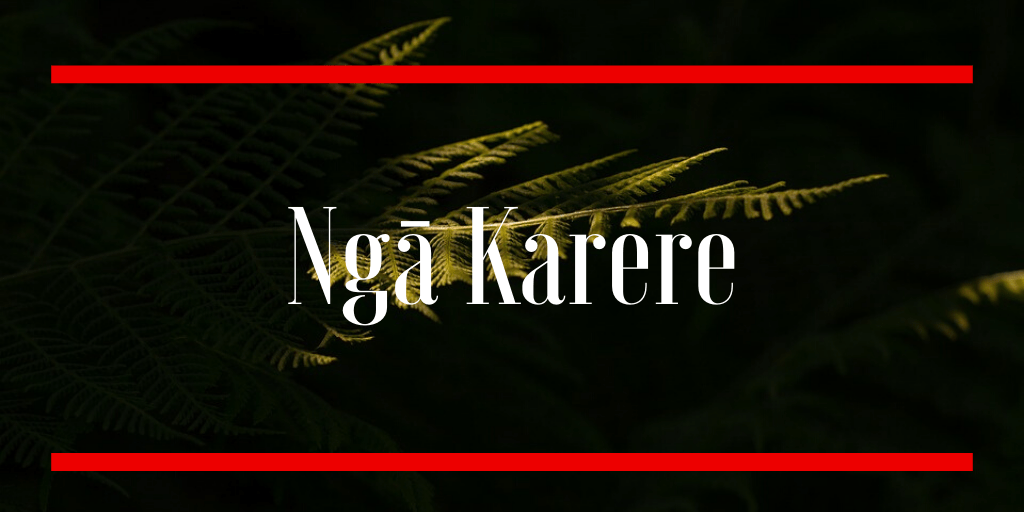Bilingual road signage initiative endorsed by Te Arawa Lakes Trust and Te Tatau o Te Arawa
Te Arawa Lakes Trust and Te Tatau o Te Arawa are supporting a move to introduce bilingual road signage in Aotearoa because it would enhance the Rotorua Reorua (Bilingual Reorua) journey.
On August 11, 2017, Rotorua declared its intention to advance as a bilingual city and district, pledging to support and promote both te reo Māori and English.
“Limited progress has been made to date due to the complexities of the law, but the recent actions by Waka Kotahi and Te Mātāwai have opened the door to exciting opportunities,” said Geoff Rolleston, Chair of Te Arawa Lakes Trust.
Rotorua Reorua is led by Te Tatau o Te Arawa with support from its partner, the Rotorua Lakes Council and was launched to encourage and remind locals that they can all contribute to the growth of te reo Māori.
Te Tatau o Te Arawa Chair, James Hamiora, commends the road signage initiative led by Waka Kotahi and Te Mātāwai.
“E mihi ana ki ngā rōpū nei me a rāua mahi rangatira. Waka Kotahi with guidance and support from Te Mātāwai demonstrates the power of partnership. Their collaboration reflects why Aotearoa is special to locals and international visitors who travel from all corners of the globe to New Zealand. Te Tatau o Te Arawa and Te Arawa Lakes Trust are penning a submission of support for reorua road signage because it enhances our local communal efforts to advance as a bilingual city and district so te reo is seen, heard and celebrated alongside the English language,” says Mr Hamiora.
The introduction of reorua road signage builds on the efforts of the late Hawea Vercoe, former Principal of Te Kura o Rotoiti, who championed the inclusion of the te reo Māori sign “Kura” on their school bus. Since then, similar signs around Lake Rotoiti and on school buses have become common ground.
“The recent stance taken by some political parties, suggesting that having bilingual signs on roads is ‘too difficult’ and that ‘people would not understand,’ contradicts the positions previously taken by the National Party and the Māori Party, which is disappointing,” Mr. Rolleston remarked.
Rotorua is a city rich in culture and heritage, and embracing bilingual signage is a prime example of promoting culture and national identity in our country.
Te Arawa Lakes Trust and Te Tatau o Te Arawa agree that it makes sense to adopt bilingual signage because reorua is visible everywhere across Aotearoa and te reo is a part of every New Zealander's vocabulary.
